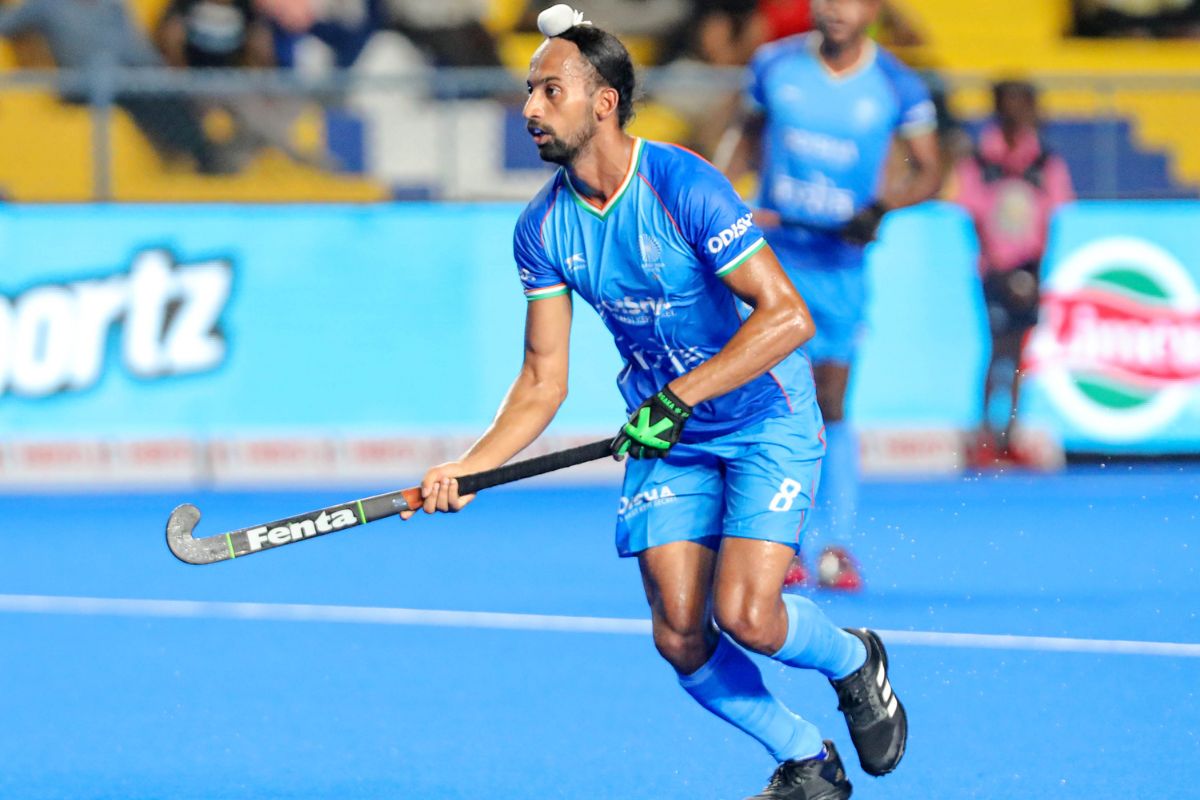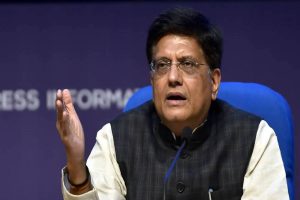For the current crop of Indian hockey stars, there is no dearth of idols as the sport history in the Olympic Games is not just a chronicle of victories but a reflection of its enduring legacy and impact on the nation’s athletic pride. But for Hardik Singh, one of the stars of the current lot, that ended a 40-year Olympic medal drought in Tokyo and followed it up with a consecutive bronze medal in the recently-concluded Paris Olympics, it is however, hereditary.
Hardik comes from hockey royalty with his father Varinderpreet Singh Ray, a former international. He is the nephew of Gurmail Singh and Rajbir Kaur, a hockey power couple. Gurmail was part of the last Indian team to win an Olympic gold while Rajbir is among the most important figures in the history of Indian women’s hockey and won gold at the 1982 Asian Games.
Advertisement
Adding to this legacy is Hardik’s paternal uncle Jugraj Singh, who was among the best drag-flickers of his era.
In Paris, the Indian team, buoyed by the Olympic medal won three years back, fell inches away from that ultimate prize (gold medal) after dribbling past strong teams like New Zealand, Belgium, Australia, Argentina and Britain before eventually going down 2-3 to Germany in the semifinals.
There was an opportunity to take a second straight bronze and the Harmanpreet Singh-led side pounced on the offer by beating Spain 2-1 in the playoff for the third spot. Even as the entire country is celebrating the resurgence of Indian hockey with back-to-back medals for the first time since 1972, Hardik has already set his sights on that ultimate prize in the 2028 edition in Los Angeles.
“There is no doubt that this feat is huge but a bronze always means there’s scope for improvement. We came close this time too but somehow fell short before the destination. For me, winning the Olympic gold remains the ultimate destination, and we hope to reach there in the next four years,” Hardik told The Statesman.
The 25-year-old acknowledged the fact that India held all the cards against Germany for most parts of the Olympic semifinal but credited the opposition for executing their plans when it mattered the most.
“I felt we were the better team for most parts of the semifinals, but the Germans executed perfectly moments before the final hooter. Call it bad luck or whatever, we also had to play without Amit Rohidas (red-carded during the quarterfinal against Britain). For a day after that semifinal, the entire team was in a state of shock,” he admitted while stressing on the importance of keeping the belief in themselves.
The seasoned midfielder said that the Indian team has developed a system under which the priority is trusting in their own abilities rather than focussing on the opposition’s weaknesses.
“There was an opportunity to win a bronze medal, and we had to keep that belief in ourselves. We did not want to return empty-handed, and credit the entire team for the kind of mental strength they showed to bounce back emphatically,” he said.
Hardik asserted that the team’s immediate focus is on the 2026 World Cup, and suggested that the team needs to play more international matches to keep themselves in sync with the changing dynamics of international hockey.
“The immediate focus is on winning the gold at the 2026 World Cup, and from there pick the pace for the next two years. Along the way, there will be a few new additions to the side, but the core would more likely remain the same, so that is an advantage,” he said.
Medal belongs to all players involved with the team since 2008
Hardik said the team’s consecutive bronze medal feats at the last two editions of the Olympics, isn’t an overnight journey but credited the contributions of the former stars who have been with the squad since 2008, when the Indian team hit arguably its lowest point ever. For the first time since 1920, the Indian men’s team had failed to qualify for the 2008 Beijing edition and despite qualifying in 2012 London, India lost every match they played and conceded 15 goals.
One among them is the legendary goalkeeper PR Sreejesh, the Wall of India, who recently ended his illustrious career after the Paris Games.
“It’s not just the 16 of us, these medals are for all those players who have been associated with the team ever since 2008. It has been a dream of an entire generation of players who despite giving their blood and sweat, had to endure backlashes as things didn’t go their way,” he said.
“Kudos to them, they did not lose hope, we did bounce back in 2016 only to narrowly fall short of a medal at the Rio Games. PR Sreejesh gave his all during that phase, he felt that pinch of finishing 12th, we wanted to do it for him and the entire generation of players. This is equally their medal as much as the 16 of us,” he said before signing off.











